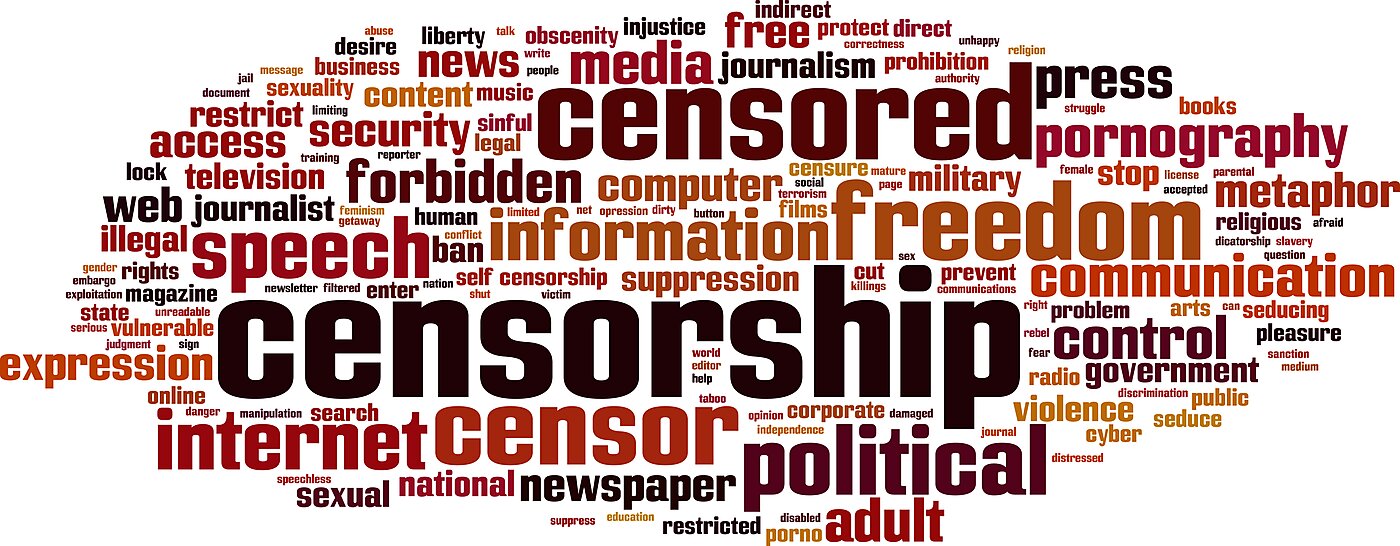
The current U.S. Economy has solid, but uncertain growth, persistent inflation, a tight but cooling labor market, and the prolonged government shutdown. The administration has been criticized for its focus on foreign affairs, with extensive travel abroad. Domestic affairs, such as the government layoffs and higher costs of living, have created a worried public.
The overall impact of the Trump tariffs resulted in a net negative impact on the economy. His use of tariffs is still before the Supreme Court. The gamesmanship of making personal deals over a long period of time created more uncertainty. The initial reaction of the stock markets this spring was drastic, but they slowly recovered and continued to grow. CNN TV Host Fareed Zakaria says the public reactions to economic policies are based primarily on differences in cultures and class rather than politics.

The arrest record of Tyler James Robinson, the young man who allegedly shot Charlie Kirk, revealed a long history of mental health issues. Once again, we are reminded of the crisis of mental health problems in this country.
One of the most surprising factors is simply the large number of people with mental health issues. About a quarter of U.S. adults experienced some form of mental illness in recent years. The data is even more striking with youth (12-17) who had about 50% of some type of mental disorder. About one-third of young adults (18-25) experienced some form of mental disorder. We don’t have such high ratios of physical diseases in the public. Clearly, the crisis is widespread.

Congress shall make no law respecting an establishment of religion, or prohibiting the free exercise thereof; or abridging the freedom of speech, or of the press; or the right of the people peaceably to assemble, and to petition the Government for a redress of grievances.
-- First Amendment of the U.S. Constitution
The current administration has instituted a series of measures that directly or indirectly constitute forms of censorship, chilling effects, and restrictions on First Amendment rights. These actions impact the media, education, museums, and other public and private organizations. The threat to restrict federal funding to education, to control educational content at all levels, to threaten the legal basis for media, and to censure specific media content with which they disagree. In other words, you have to get prior approval to write, publish, or distribute any type of public information. They’re not censoring private letters yet, but it may come to that.